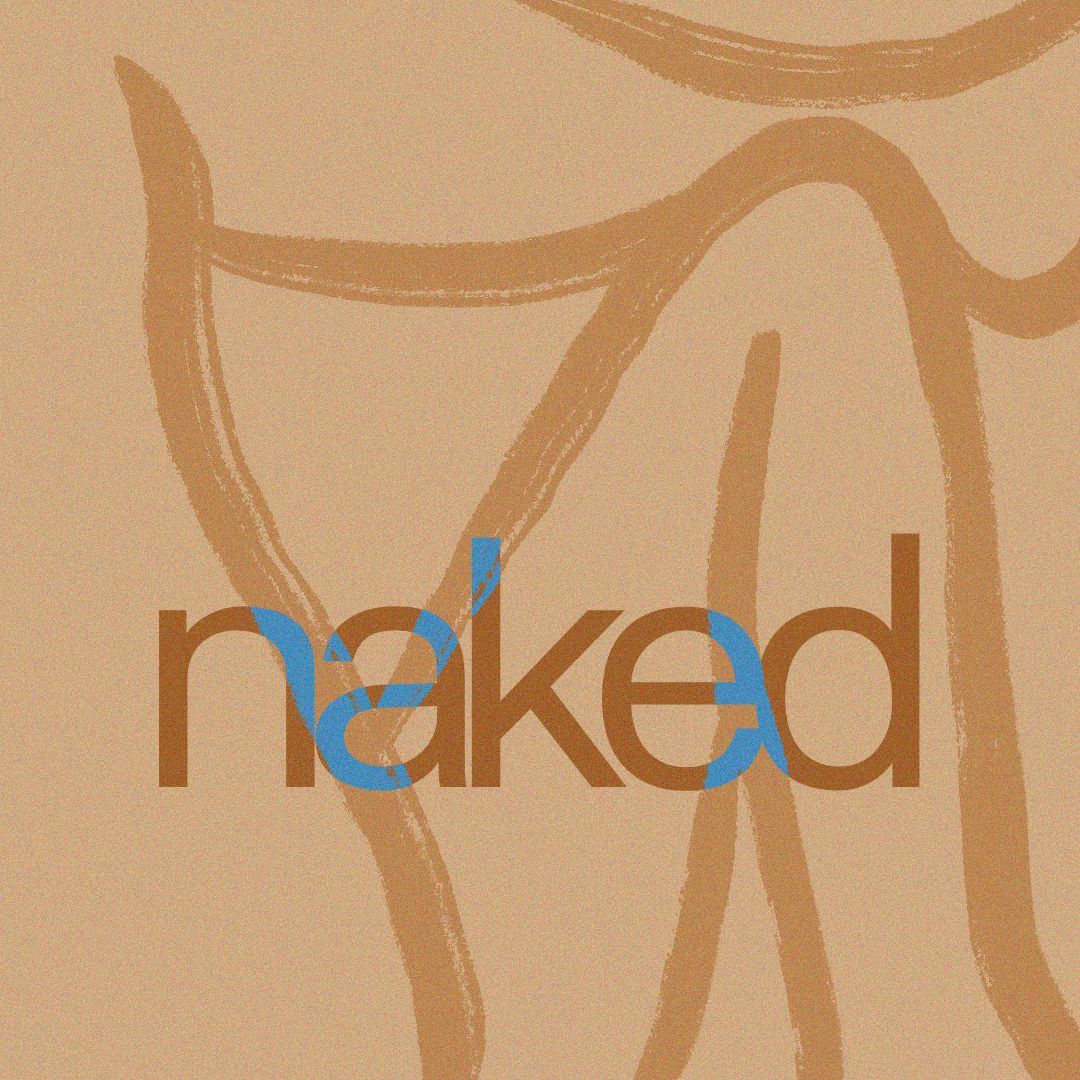Words: Oriel Parkes (She/Her)
We like to think of our bodies as ours. Something we have complete control over as a vessel to experience the world. However, for certain bodies, policies both in digital and physical spaces are eating away at this autonomy. Women and AFAB bodies bear the brunt of these policies. The state’s constant control on these bodies gendered as female has leaked into our social consciousness. Women, and those perceived as such, have a tight and restrictive set of rules applied to their body. Our bodies should be the things we have complete control over, yet the state continues to block this for people all over the world.
On the 24th of June the overturning of Roe v Wade in the US, marked a stark reminder that bodily autonomy is merely rented to us. We can only enjoy the human right of autonomy at the state’s convenience, and the right can be revoked the minute it becomes inconvenient. The USA’s self-appointed position of leader of the Western world and beyond lends this Supreme Court decision a terrifying tint. Already, the anti-abortion group Alliance Defending Freedom has opened a branch in the UK marking a scary intrusion of staunch anti-abortion activism into this country’s political sphere.
Here in Scotland itself, a runner for SNP leadership last year, Kate Forbes, stated she would not allow buffer zones around abortion clinics to allow people to exercise their right to abortion healthcare without public shaming. This allows shame and fear to permeate around medical centres and those simply accessing healthcare. Jameela Jamil, an actress and celebrity personality, is no stranger to this public shaming, describing on one occasion rosary beads being thrown at her as she entered a sexual health clinic.
Protesters being allowed to surround these healthcare centres undermines the ability of people to access this lifesaving care. What one person decides to do with their own body is not something that should be judged or legislated. Luckily, Forbes and her dodgy ideals lost out on leadership to Humza Yousaf. Furthermore, despite her staunch moral ideals towards a simple act of healthcare, she later stated she would not attempt to infringe on rights to abortion. Even though this spells a positive outcome for those seeking control of their very own bodies it is a stark reminder that policies are at the whim of the few not the many.
This policing of bodies extends beyond borders to the digital space. The female form in its nudity has been created as something to be hidden yet completely consumed by the patriarchal eye. A female body is not allowed to be neutral. To be naked is to be sexual, but then one is shamed for covering up. The patriarchal mind identifies something alluring under clothes, something that must be known and owned. Post-mastectomy and breastfeeding chests are allowed on digital spaces such as Instagram while a female nipple on its own is considered sexual and so must be hidden. Nudity, therefore, is only acceptable when deemed unsexual to the patriarchal eye.
The idea of the feminine has been wholly created to be consumed, eaten up through hungry eyes and lustful hands. A picture, posted by poet and illustrator Rupi Kaur, depicting period blood was repeatedly taken down from Instagram. As she states, “It is okay to sell what’s between a woman’s legs, more than it is okay to mention its inner workings.” However, movements to counteract this such as the #freethenipple on Instagram have failed to provide an inclusive challenge to these ideas. These movements often feed a liberal idea of feminism that fails to integrate the root of sexualisation and, indeed, often perpetuates it.
This movement which posted pictures of women’s chests to undermine these arbitrary rules on women’s nudity often only posted white, able bodied and conventionally attractive women. Thereby enforcing the already patriarchal idea that only certain bodies should be seen and celebrated.
The politics of policing the female form has extended beyond parliamentary legislative spaces to the online world. Our bodies are not places for legislative rules. No one’s hands should hold them down, not least the state. Restrictions on our bodies do not protect our freedom but reinforces the infringement on our liberty. The persistent influence of the patriarchy within forms of feminism provides a stark reminder that we should not hesitate to critique the movements that sexualise our bodies. While we work to untangle these ideas from the grips of the patriarchy, please, keep your hands to yourself.

